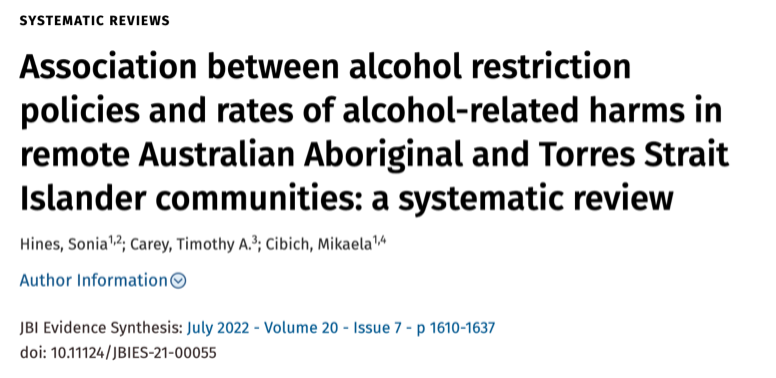RNs' scope of practice has changed significantly due to nursing and medical research, technology, and global health dynamics.
Poor clinical reasoning is linked to failure-to-rescue and sentinel events in clinical settings.
Clinical reasoning is a complex, non-linear process that combines critical thinking, discipline-specific knowledge, and experiential understanding.
A new scoping review identifies interconnected characteristics and processes of clinical reasoning used by RNs in clinical practice.
Factors affecting clinical reasoning include both intrinsic and extrinsic factors related to nurses' inherent and acquired qualities and their work environments.
Understanding how the environment influences nurses' clinical reasoning can help develop strategies to support safe and effective clinical reasoning. 

Increased understanding of RN clinical reasoning enhances understanding of the clinical reasoning that undergraduate RNs will need to develop.
The scoping review results were used to develop an achievement-based framework to assess the clinical reasoning of undergraduate RNs.
Assessment of clinical reasoning during pre-registration studies can identify those who may need additional support to develop their clinical reasoning to the expected level.
• • •
Missing some Tweet in this thread? You can try to
force a refresh

 Read on Twitter
Read on Twitter
















